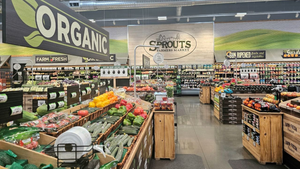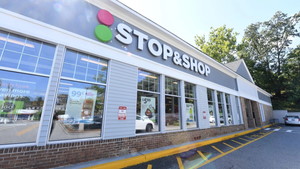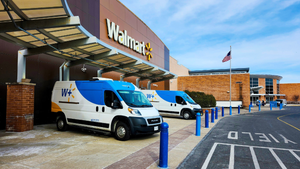How supermarkets can do labeling rightHow supermarkets can do labeling right
Spotlighting product claims can boost produce sales
November 21, 2024

Attaching labels to fruits and vegetables can be a powerful merchandising maneuver.
Such messaging as “organic,” “fairtrade,” “sustainable,” “pesticide free,” and “locally grown,” can lure shoppers and enable operators to differentiate products in a crowded sector, said presenters at the 2024 Organic Produce Summit in Monterey, Calif. But it is vital that operators also show restraint.
“It is important to be strategic and understand your brand and category and what is important to the shopper as opposed to putting labels on everything and then confusing the heck out of everybody,” said Michael La Kier, vice president of brand development at The Independent Grocers Alliance (IGA), a Chicago-based alliance of about 7,000 worldwide and 2,000 U.S. independent groceries. “With too many claims it becomes wallpaper. You must be smart about it.”
The best results will come from attaching a maximum of three claims to products, La Kier said. “All claims are important, but the key is to do your homework and understand your shopper to not only know what is important but what is motivating them to buy your product,” he said.
Because claims, including product certifications, can both drive category growth and cause confusion, it is important that consumers understand the meanings and significance of the messaging, said Kim Chackal, vice president of sales and marketing for Equifruit, a Montreal-based banana brand that uses such labels as “Fairtrade,” “USDA Organic,” and “Women Owned.” “You should not expect the packaging to do the marketing for you,” she said.
While claims can be important differentiators, they will not cause products to “fly off the shelf,” Chackal said. “You first need to build a strategy of defining who you are and communicate that to your consumer,” she said.
Additionally, not all labels will be important to all consumers, said Joe Merenda, president and chief operating officer at Misionero, a Monterey, Calif.-based provider of lettuce, salads, and salad kits. “We need to challenge retailers to get creative on how they present products to their consumers as it is not one size fits all,” he said.
While relevant labeling is crucial for sales success, cost and freshness remain the key buying triggers, La Kier said. “Price doesn’t matter if the quality sucks,” he said. “If we do not get those right, the number of labels on a package is not going to matter. The labels and certifications are not what the product is.”
Merchandisers also will spur sales by communicating product attributes via a host of avenues, including point of sale messages, in-store videos, and QR codes, La Kier said. “You will be in trouble by just relying on packaging because it can hold only so much information,” he said.
About the Author
You May Also Like


.webp?width=300&auto=webp&quality=80&disable=upscale)



